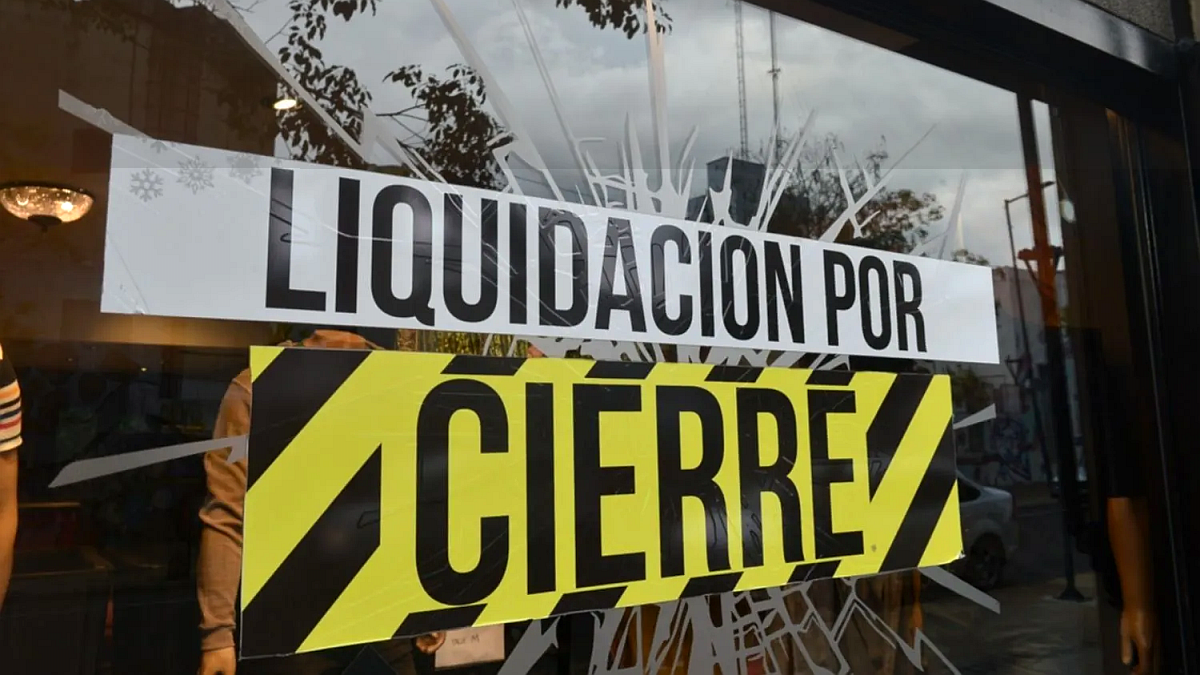economic crisis
How the Minister of Labor wants to help threatened industries
Copy the current link
Cheap steel from China, expensive electricity, poor demand: many companies are up to their necks in the current economic crisis. How does the Labor Minister plan to prevent the loss of thousands of jobs?
Federal Labor Minister Hubertus Heil (SPD) wants to prevent entire sectors of industry from collapsing and the loss of thousands of jobs in Germany in the current economic crisis. “It can’t be the case that today’s employees alone have to pay the price for yesterday’s management mistakes,” said Heil in a dpa video interview in Berlin. “Anyone who watches this industrial base disappear now is sinning against the prosperity of the future of this country.”
Many companies are currently sending parts of their workforce to short-time work again due to a decline in orders, for example in mechanical engineering, a backbone of German industry. In September there were around 268,000 short-time workers – according to the Ministry of Health, 76 percent more than in the previous year and almost three times as many as in September 2022. The government extended the possibility of short-time work to 24 months by cabinet decision this week.
Heil wants renewal of the industrial base
For months, forecasts have been pointing to continued weak growth and unemployment numbers rising compared to the previous year. Heil said: “It’s about the automotive industry, not just the big companies like Volkswagen, but the supplier industry. It’s about mechanical engineering, it’s also about the chemical industry, the basic industries.” It is necessary to renew the industrial base and public infrastructure in Germany.
At the same time, there is growing concern in this country that China and the USA are supporting their promising industries with large government programs. “If we in Germany watch how the base disappears, while in the USA – keyword Trump – but also in the Biden administration – a robust industrial policy is being made, with tax incentives, with trade barriers, and the same thing is happening in China, by the way, Then we in Germany, in Europe, would be really crazy if we gave up our industrial base,” said Heil.
“In the steel industry, for example, it must be ensured that we do not actually see our steel industry collapse here in Europe due to dumping steel,” warned the Labor Minister. There have recently been repeated fears in the EU that Chinese steel products are being sold at excessively low prices. China has built up large production capacities; domestic demand has recently been rather weak, which is why more steel has been exported.
The SPD politician Heil warned about the Union Chancellor candidate Friedrich Merz (CDU), who is currently well ahead of incumbent Olaf Scholz (SPD) in the poll race before the planned federal election. “Anyone who knows Friedrich Merz knows that he is opposed to active economic policy and active industrial policy.” Merz believes that the market regulates everything on its own. “In times of active economic and industrial policy in other parts of the world, it would be downright naive and negligent to see things the same way in Europe and Germany.”
In his own words, Heil himself envisages state-supported ways out in the shoulder shot of companies and employees when a company slips into a precarious situation. “Common solutions” are important. Locations should be secured as far as possible and dismissals for operational reasons should be avoided. State aid should be tied to conditions and not, for example, be used for outdated business concepts.
“Our task as a state and in politics is to accompany this with an active industrial policy so that we remain a strong country.” During the Corona crisis, under Heil’s direction, short-time working benefits were greatly expanded and more funding instruments were introduced for the further qualification of employees. In addition to the direct Corona aid at the time, this was intended to help employers retain their workforce and make them fit for changed job profiles. With short-time work benefits, the state covers part of the wages if companies are temporarily unable to employ their people due to a loss of orders.
dpa
Source: Stern




